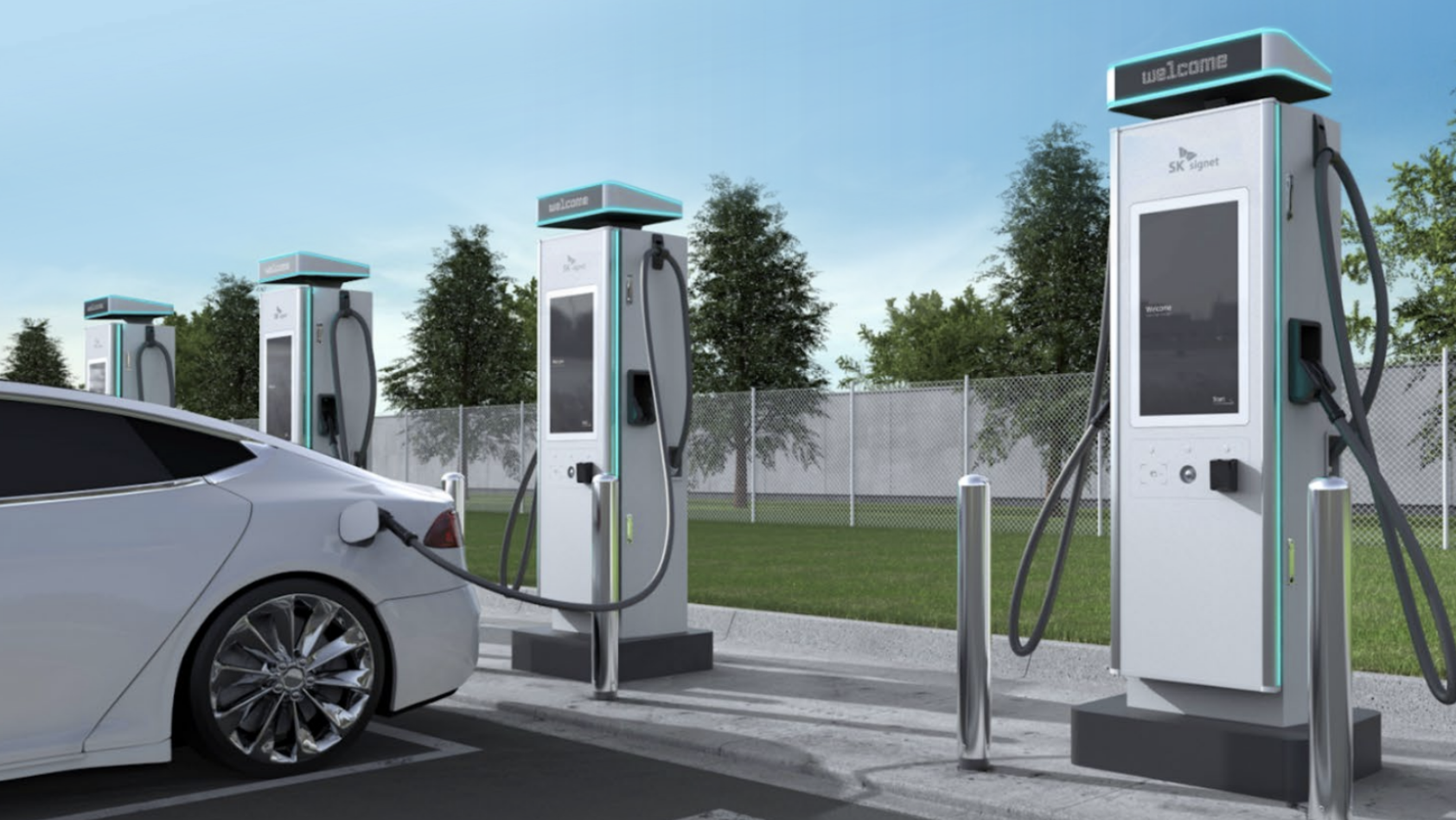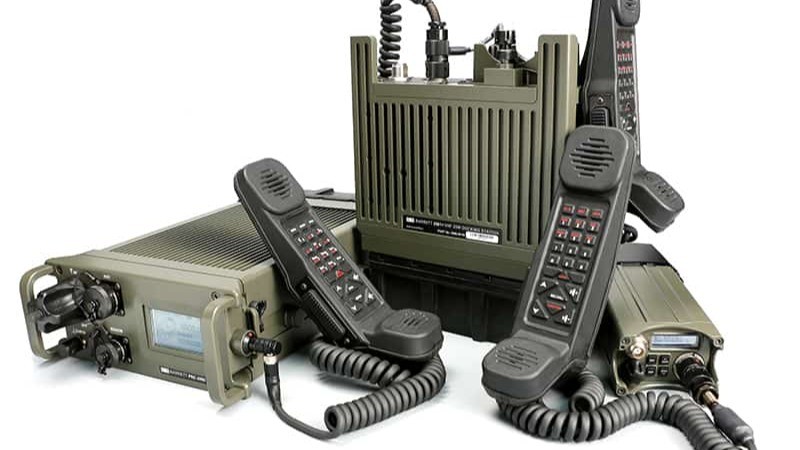India EV Charging Revolution: Long-Distance Corridors and Charge Point Operators in 2023

Strong 8k brings an ultra-HD IPTV experience to your living room and your pocket.
Introduction:
The electric vehicle (EV) revolution in India is gaining momentum, with the government, private players, and consumers showing increased interest in the adoption of electric vehicles. As EV adoption grows, one of the key challenges that must be addressed is the availability and accessibility of EV charging infrastructure. In recent years, India has made significant strides in expanding its EV charging infrastructure, and this progress is expected to continue. In 2023, Charge Point Operators (CPOs) play a vital role in this transformation, ensuring that the country’s EV ecosystem is equipped with the charging infrastructure needed to support the growing number of electric vehicles on the road.
This article provides a detailed look at India’s evolving EV charging infrastructure, with a focus on the role of charge point operators in facilitating the rise of long-distance EV charging corridors, and the growing trend of highway electrification.
The State of India’s EV Charging Infrastructure in 2023
In 2023, India’s EV market continues to show impressive growth, with more consumers turning to electric vehicles due to environmental concerns, government incentives, and the growing availability of EV options. According to reports, the country’s EV stock has been steadily increasing, and it is expected that the number of electric vehicles will continue to rise, particularly in urban areas.
However, one of the biggest barriers to widespread EV adoption in India has been the lack of accessible and efficient charging infrastructure. In the past, many potential EV buyers were concerned about the limited range of electric vehicles and the lack of charging stations in public spaces. To address these issues, the Indian government and private sector have been making significant investments in building a robust network of EV charging stations across the country.
Charge Point Operators (CPOs) play a crucial role in this infrastructure development. CPOs are responsible for setting up and managing EV charging stations, ensuring that they are equipped with the necessary technology to support fast and efficient charging. Some of the key players in the Indian EV charging market include companies like Tata Power, Fortum, Ather Energy, and BPCL, among others.
The Rise of Long-Distance EV Charging Corridors
One of the most exciting developments in India’s EV Charging infrastructure in 2023 is the rise of long-distance EV charging corridors. While urban areas have seen rapid growth in charging stations, the challenge of long-distance EV travel remains. For many potential EV buyers, the idea of taking long trips in an electric vehicle was once a significant concern due to the limited availability of charging stations along highways and remote areas.
To address this issue, the Indian government and private companies have been working to create dedicated long-distance EV charging corridors. These corridors are designed to provide a seamless driving experience for EV owners, with strategically located charging stations along major highways and key routes. The development of these corridors is crucial for the widespread adoption of electric vehicles in India, as it ensures that EV owners can travel long distances without worrying about running out of battery or finding a charging station.
Government Initiatives and Partnerships in Highway Electrification
To support the growth of long-distance EV charging corridors, the Indian government has launched several initiatives aimed at electrifying the country’s highways. These initiatives include the establishment of EV charging stations along national highways, as well as partnerships with private companies to build charging infrastructure in remote and underserved areas.
One of the most significant initiatives in this regard is the Faster Adoption and Manufacturing of Hybrid and Electric Vehicles (FAME) scheme. Under FAME II, the government has allocated substantial funds to promote the establishment of EV charging infrastructure across India, including in rural and remote areas. The government has set a target of installing 2,700 EV charging stations across the country under this scheme.
In addition to the FAME scheme, various state governments are also playing an active role in developing the EV charging ecosystem. For instance, Delhi, Maharashtra, and Gujarat have launched state-level EV policies that encourage the installation of charging stations and the development of charging corridors along highways.
Private players have also stepped up their efforts to support long-distance EV travel. Leading charge point operators are partnering with state-run enterprises, such as Indian Oil Corporation (IOC), Bharat Petroleum Corporation (BPCL), and Hindustan Petroleum Corporation (HPCL), to set up charging stations along national highways. These partnerships are essential to ensure that EV infrastructure is integrated into existing fuel stations, making it easier for drivers to access both conventional fuel and EV charging stations at the same locations.
Key Players and Charge Point Operators in India’s EV Charging Ecosystem
In 2023, several Charge Point Operators (CPOs) are leading the way in developing India’s EV charging infrastructure. These companies are working with the government and private sector players to build and operate EV charging stations, particularly along highways and long-distance routes. Some of the prominent players in India’s EV charging ecosystem include:
Tata Power – Tata Power is one of the biggest players in the Indian EV charging market. The company has been actively expanding its network of EV charging stations across India. Tata Power is also involved in developing fast-charging infrastructure along highways to promote long-distance EV travel. The company has partnered with various organizations to set up EV charging stations at prominent locations such as shopping malls, office complexes, and public spaces.
Fortum India – Fortum is a global clean energy company that is also active in India’s EV charging sector. The company operates several fast-charging stations across major cities and highways. Fortum is working to develop a reliable charging network that can support long-distance EV travel in India.
Ather Energy – Ather Energy is a leading electric scooter manufacturer in India, but the company has also made significant investments in building EV charging infrastructure. Ather has set up a network of fast-charging stations called Ather Grid, which is expanding across cities and highways. The company’s focus is on providing high-speed charging to make long-distance travel more accessible for EV owners.
BPCL (Bharat Petroleum Corporation Limited) – BPCL has partnered with various companies to develop EV charging infrastructure along highways and urban areas. The company’s network of charging stations is integrated with its existing petrol stations, making it easy for drivers to access both fuel and charging facilities.
Indian Oil Corporation (IOC) – Indian Oil has been actively working towards the establishment of EV charging infrastructure, particularly along major highways. The company has installed multiple charging stations along key routes and is expanding its network to accommodate the growing number of EVs on Indian roads.
The Future of Long-Distance EV Charging in India
The rise of long-distance EV charging corridors is a game-changer for India’s EV adoption. As more charge point operators, private companies, and the government work together to build an interconnected network of charging stations, the barriers to long-distance travel in electric vehicles will continue to diminish. This will make EVs more attractive to consumers, particularly those who rely on their vehicles for long commutes or road trips.
In the coming years, the government is expected to continue its push for highway electrification, with the goal of making EV charging stations accessible every 25 to 50 kilometers along national highways. Additionally, the growth of high-speed charging stations will help reduce charging time, making long-distance EV travel even more convenient.
As India’s EV charging infrastructure continues to expand, the role of Charge Point Operators will remain critical. These operators will need to collaborate with stakeholders across the automotive, energy, and technology sectors to ensure that the charging network is reliable, accessible, and efficient. With ongoing government support, private sector investment, and public awareness, India is well on its way to becoming a global leader in the electric vehicle revolution.
Conclusion
India’s EV charging infrastructure in 2023 is witnessing rapid development, particularly with the rise of long-distance EV charging corridors. Charge Point Operators are playing a key role in expanding this infrastructure, working alongside the government and private enterprises to ensure that EV owners have access to reliable, efficient, and accessible charging stations. With continued investment in highway electrification and collaboration across industries, India’s EV ecosystem is set to thrive, paving the way for a greener, more sustainable future.
Read the complete blog
Note: IndiBlogHub features both user-submitted and editorial content. We do not verify third-party contributions. Read our Disclaimer and Privacy Policyfor details.






